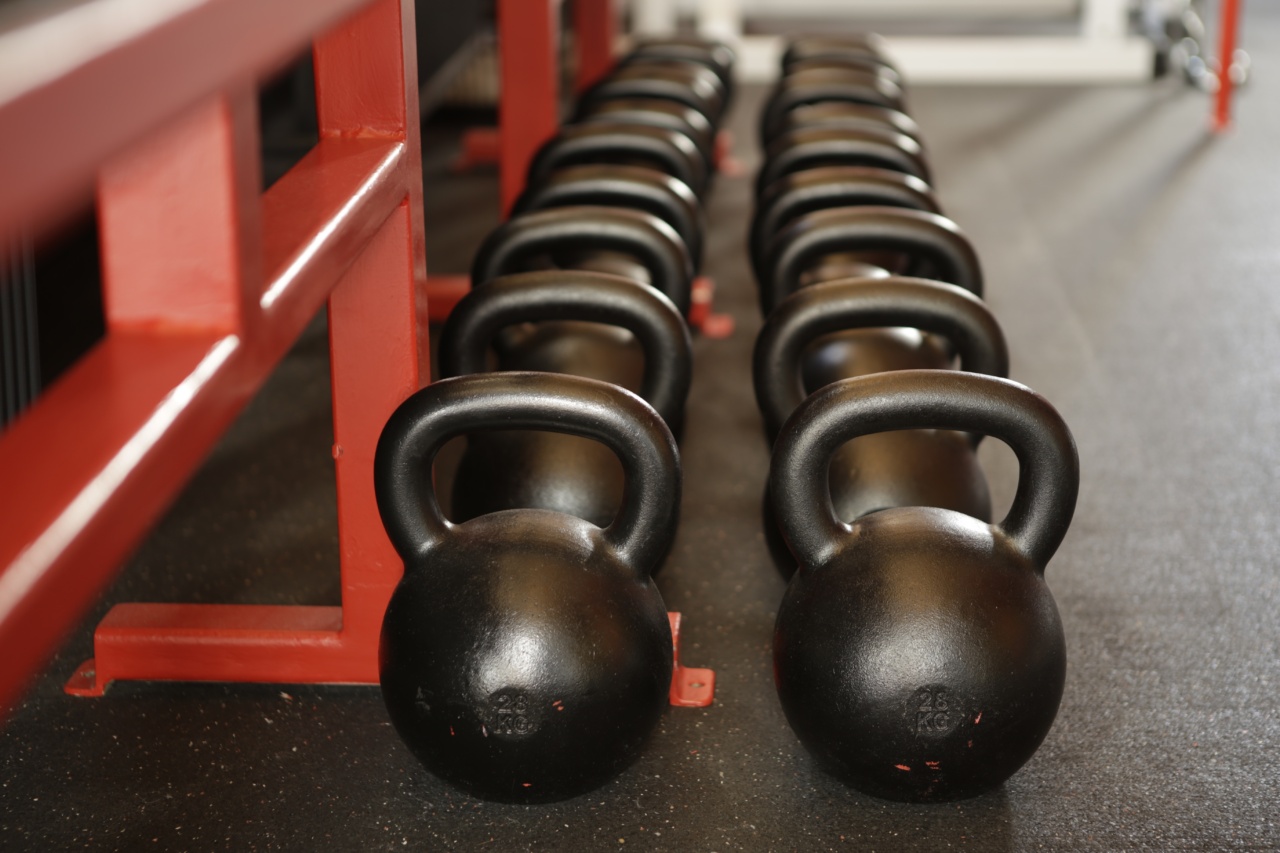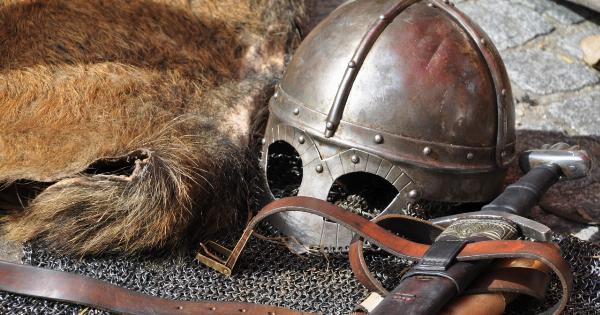Anemia is a condition that occurs when the body lacks enough red blood cells or hemoglobin, the protein in red blood cells that carries oxygen to the body’s organs and tissues.
This can lead to symptoms such as fatigue, weakness, dizziness, pale skin, and shortness of breath. One of the primary causes of anemia is a deficiency in iron, an essential mineral that the body needs to produce healthy red blood cells.
Symptoms of Anemia
The symptoms of anemia can vary depending on the severity and cause of the condition. Some of the most common symptoms of anemia include:.
- Fatigue and weakness
- Dizziness or lightheadedness
- Shortness of breath
- Headaches
- Chest pain
- Cold hands and feet
- Pale skin
- Irregular heartbeat
Types of Anemia
There are several different types of anemia, each with its own causes and symptoms. Some of the most common types of anemia include:.
Iron-deficiency anemia
Iron-deficiency anemia is the most common type of anemia, caused by a lack of iron in the body. Iron is needed to produce hemoglobin, which carries oxygen to the body’s tissues.
Iron-deficiency anemia can be caused by a variety of factors, including a poor diet, heavy menstrual bleeding, pregnancy, or blood loss from an injury or surgery.
Vitamin-deficiency anemia
Vitamin-deficiency anemia is caused by a lack of certain vitamins that are essential for the production of red blood cells. Vitamin B12 and folate are two of the most important vitamins for red blood cell production.
A deficiency in these vitamins can lead to anemia, as well as other health problems.
Hemolytic anemia
Hemolytic anemia occurs when the body destroys red blood cells faster than it can produce them. This can be caused by a variety of factors, including immune system disorders, infections, or medication side effects.
The Importance of Iron for Your Health
Iron is an essential mineral that plays many important roles in the body. It is necessary for the production of hemoglobin, the protein in red blood cells that carries oxygen to the body’s tissues.
Iron is also important for the proper functioning of many enzymes and for the growth and development of cells.
Iron is found in a variety of foods, including red meat, poultry, fish, beans, and leafy green vegetables. The body is able to absorb iron more easily from animal sources than from plant sources.
However, vegetarians and vegans can still obtain adequate amounts of iron by eating a varied diet that includes sources of iron such as tofu, lentils, and fortified cereals.
A lack of iron in the body can lead to a variety of health problems, including anemia. The body is able to store iron, but if iron levels become too low, the body can’t produce enough hemoglobin to meet its needs.
This can lead to anemia, which can cause symptoms such as fatigue, weakness, and shortness of breath.
Dietary Sources of Iron
There are two types of dietary iron: heme iron and non-heme iron. Heme iron is found in animal sources of iron, such as red meat, poultry, and fish.
Non-heme iron is found in plant sources of iron, such as beans, lentils, and leafy green vegetables like spinach and kale.
While heme iron is more easily absorbed by the body than non-heme iron, there are many good sources of non-heme iron that can help vegetarians and vegans meet their iron needs. Some of the best sources of non-heme iron include:.
- Tofu
- Lentils
- Spinach
- Kale
- Broccoli
- Fortified cereals and breads
- Nuts and seeds
- Dried fruit
Treatment for Anemia
The treatment for anemia depends on the cause and severity of the condition. Iron-deficiency anemia can often be treated by increasing the amount of iron in the diet or taking iron supplements.
Vitamin-deficiency anemia may require vitamin supplements or changes to the diet to include more foods that are rich in the deficient vitamins.
In more severe cases of anemia, blood transfusions or other medical treatments may be necessary. It’s important to talk to a doctor if you suspect you have anemia, as the condition can worsen if left untreated.
Final Thoughts
Anemia is a serious condition that can cause a variety of health problems.
Iron deficiency is one of the most common causes of anemia, and it’s important to make sure you’re getting enough iron in your diet to prevent anemia and maintain good health. If you suspect you have anemia, talk to a doctor to determine the cause of your symptoms and the best course of treatment.






























